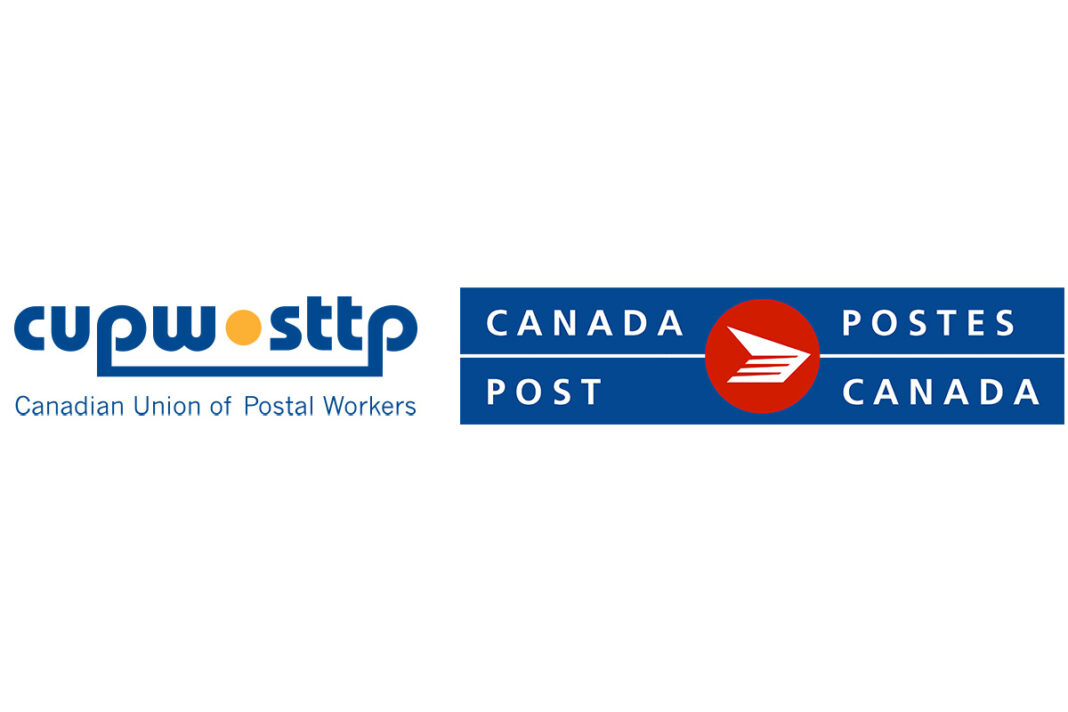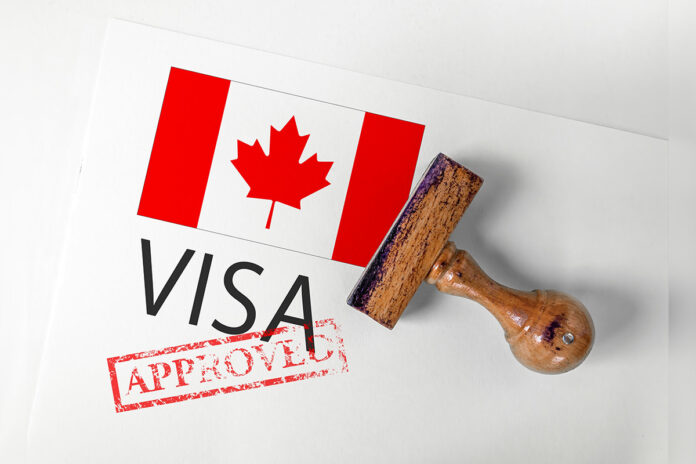CANADA—The ongoing labour dispute between the 55,000 members of the Canadian Union of Postal Workers (CUPW) and Canada Post is coming at a pivotal time for the Crown Corporation as competitors are snatching up a growing portion of the market during this critical shopping season. A Friday news release issued by the corporation notes that Canada Post lost $315 million before tax in the third quarter—a significant jump from its $290 million loss during that period last year.
The corporation blames the losses on “an increasingly crowded and highly competitive e-commerce delivery market continued to impact parcels results in the third quarter of 2024.” The release goes on to note that the number of packages it received for delivery dropped by six million, or nearly 10 percent, year-over-year.
“One man’s meat is another man’s poison” and so it is with the strike, as other carriers are finding themselves running at or above full capacity.
Purolator (majority-owned by Canada Post) reported last week its volumes have risen by double digits due to the job action. Meanwhile, FedEx has implemented a “contingency plan” to manage higher volumes, the company said earlier this week. Many carriers have instituted “surge pricing” and stand to reap a windfall profit from the situation.
Meanwhile, the federal government has sent a special mediator to assist in bringing the two sides together. No small challenge, as the union’s demands and the corporation’s offer remain very far apart. At odds are not only wages, but contract work as well as job security, benefits and working conditions.
Canada Post has offered wage increases totalling 11.5 percent over four years and additional paid leave, but the union is calling for a cumulative wage hike of 24 percent over those four years. CUPW also wants full-time employees to deliver package shipments on weekends, while Canada Post is seeking to hire more part-time staff.
The last strike at this time of year occurred in 2018 and lasted 31 days before the Trudeau government legislated a return to work citing the damage being done to the Canadian economy. But this strike poses a particularly challenging conundrum for the governing Liberals. The NDP, whose support has been critical to keeping the government from falling have demanded the feds not legislate a return to work—while the Conservatives have vowed to oppose any government move and the Bloc Quebecois have issued their own ultimatum demand that a bill protecting supply management from future trade negotiations (currently before the Senate) be passed before the end of October. That leaves next to no wiggle room for a politically imposed solution.
Meanwhile, the union has vowed that government cheques will be delivered as has been the tradition in previous labour disputes.
Entering its second week, both sides continued to negotiate through the weekend, but as of press time Monday, no resolution has come in sight.





